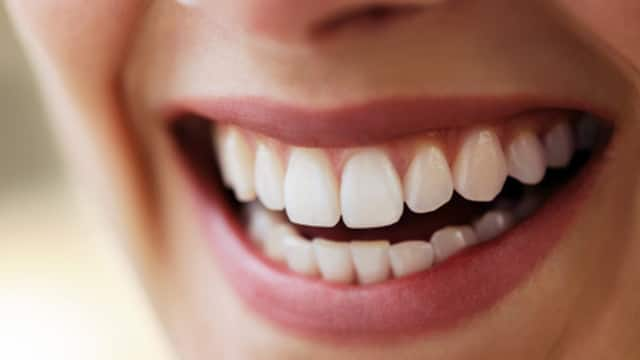About Tooth Roots
Tooth roots contain sensitive nerve pulp and bony dentine, and they're covered by a substance called cementum. When tooth roots lose the protection of the gums, they're exposed to mouth contents like bacteria, plaque, acids, and also to extreme temperatures, causing tooth sensitivity. What's more, cementum isn't as hard as the tooth enamel that coats the teeth above the gumline, and so it can quickly decay or wear away with brushing. As a result, the teeth can become more sensitive and less stable.
What Causes Exposed Tooth Roots?
Gum disease is a major cause of exposed tooth roots, but anything that breaks down the gums can have the same effect. Overzealous tooth brushing with a hard-bristled toothbrush also damages the gums and exposes tooth roots. Other possible causes of an exposed root include smoking and tobacco use, misaligned teeth, and tooth grinding. Finally, orthodontic work can sometimes expose tooth roots.
Symptoms of an Exposed Tooth Root
Tooth sensitivity is often the first noticeable symptom when you have exposed tooth roots. The Indian Dental Association suggests that tooth sensitivity is tooth discomfort in one or more teeth that is triggered by hot, cold, sweet or sour foods and drinks, or even by breathing cold air. The pain can be sharp, sudden and shoot deep into the nerve endings of the teeth. Other signs you might notice are your teeth looking longer or the appearance of the roots at the base of your teeth. Less obvious symptoms of an exposed tooth root are red, swollen or bleeding gums, which are signs of gum disease. In serious cases of gum disease, the gums recede and expose the roots of the teeth.
Treatments for an Exposed Tooth Root
Managing the sensitivity can begin during your daily oral care routine. Brush with a sensitive toothpaste which contain a maximum strength FDA allowed anti-sensitivity active ingredient. Use a soft-bristled toothbrush and a circular brushing motion and avoid pressing too hard. Giving up tobacco to avoid its irritating effect on the gums also helps with sensitivity.
Additionally, speak to your dentist about the problem. They can apply desensitising agents or fluoride gels to the sensitive area, treat any gum disease, and, in severe cases of exposed tooth roots, recommend a dental surgeon to perform a gum graft to cover the exposed area. The Indian Dental Association notes that basic treatment are typically those treatments and procedures that are relatively straightforward in nature which includes composite fillings (white fillings), amalgam fillings and sedative fillings among others. A mouth guard may help prevent further damage from night-time tooth grinding.
What Happens to Untreated Exposed Tooth Roots?
If an exposed tooth root isn't treated, the problem doesn't resolve by itself. A case caused by gum disease only worsens if the disease continues, resulting in periodontitis and possibly bone loss in the jaw. If poor tooth brushing habits aren't changed, more tooth roots may become exposed and sensitivity may increase.
Exposed tooth roots are definitely a problem you should talk to your dentist about. Treating the condition helps reduce tooth sensitivity and prolongs the life of your teeth. You'll be able to enjoy your favourite meals and beverages without painful twinges, and your teeth and gums will be healthy again.
This article is intended to promote understanding of and knowledge about general oral health topics. It is not intended to be a substitute for professional advice, diagnosis or treatment. Always seek the advice of your dentist or other qualified healthcare provider with any questions you may have regarding a medical condition or treatment.
ORAL HEALTH QUIZ
What's behind your smile?
Take our Oral Health assessment to get the most from your oral care routine
ORAL HEALTH QUIZ
What's behind your smile?
Take our Oral Health assessment to get the most from your oral care routine











